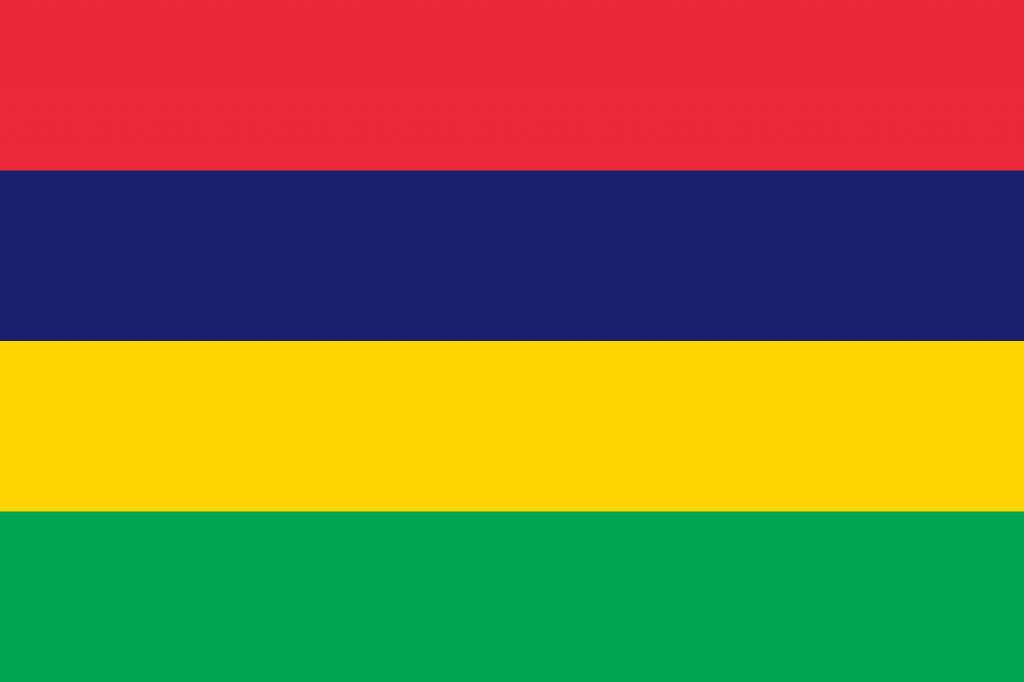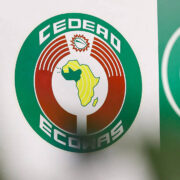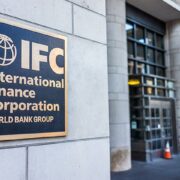Mauritius

[vc_row][vc_column width=”1/4″][penci_fancy_heading _text_align=”left” subtitle_pos=”below” title=”Mauritius” block_id=”penci_fancy_heading-1606378067905″ subtitle=”The Republic of Mauritius”][/penci_fancy_heading][vc_single_image image=”947″ img_size=”full” alignment=”right”][/vc_column][vc_column width=”3/4″][vc_single_image image=”949″ img_size=”full” alignment=”center”][/vc_column][/vc_row][vc_row][vc_column][vc_tta_accordion active_section=”1″][vc_tta_section title=”About Country” tab_id=”1606378244618-d498c6fc-9579″][penci_text_block block_title_align=”style-title-left” custom_markup_1=””]Mauritius being a diverse and multicultural nation of 1.3 million people, offers a range of investment opportunities in different sectors.
Its ease of doing business ranking and stable governance creates the perfect business climate possible.
A competitive, well-diversified & broad-based economy
Over the years, Mauritius has crafted a strong growth-oriented developmental path which has enabled us to achieve one of the highest per capita income in Africa. Indeed, from USD 400 in 1968 when we obtained our independence, our development strategy has propelled us in the league of high-income countries with a GNI per capita of USD 12,740 in 2019. This strategy, built on a combination of political stability, strong institutional framework, and favorable regulatory environment have established the foundation for economic development, while open trade policies have been key in sustaining growth, gradually transforming Mauritius from a monocrop economy dependent on sugar cane as main source of foreign earnings in the 1960s into a competitive, well-diversified and broad-based economy and is now open for investment in over 15 sectors of activity.
Good Governance and Investor Protection
Mauritius is a beacon of political, social and economic stability. With its wide network of Double Taxation Avoidance Agreements and Investment Promotion and Protection Agreements (IPPAs), Mauritius offers investors a conducive environment for doing business which guarantees predictability, certainty and security. Mauritius is currently home to two leading arbitral institutions – the LCIA-MIAC, which is a partnership comprising the London Court for International Arbitration and the Mauritius International Arbitration Centre, and the Permanent Representative Office of the Permanent Court of Arbitration (PCA).
[/penci_text_block][/vc_tta_section][vc_tta_section title=”Basic Data” tab_id=”1606378244643-1dc430f8-494d”][penci_text_block block_title_align=”style-title-left” custom_markup_1=””]Land area 2,040 sq km
Population Approx. 1.3 million poeple
Capital Port-Louise
Climate Maritime climate, tropical during summer and sub-tropical during winter
Official language: English
Widely spoken languages: French, Creole and Asian languages
Currency Mauritius rupee
Time 4 hours ahead of GMT[/penci_text_block][/vc_tta_section][vc_tta_section title=”Economic Structure” tab_id=”1606378359930-a8e1f014-90fd”][penci_text_block block_title_align=”style-title-left” custom_markup_1=””]Mauritius is amongst the top 20 countries in the world for ease of doing business and has over the years consolidated its leadership position in Sub Saharan Africa. This acknowledgement by the World Bank confirms that Mauritius remains a competitive and attractive jurisdiction for the international investors’ community. To further streamline processes and facilitate ease of doing business in Mauritius, the Economic Development Board, in collaboration with the European Union have officially launched the National Electronic Licensing System (NELS) on Thursday 28th March 2019.
The main objective of implementing a National Electronic Licensing System is to offer a single point of entry for application, payment and determination of business-related licences and permits.
As part of the reforms underway, a Business Process Reengineering exercise is being carried out to streamline processes for the determination of 140 business-related licenses and permits across 14 ministries. The setting up of NELS reaffirms the commitment of the Government to enhance our technological capabilities in addressing regulatory challenges.
A sophisticated International Financial Centre of Substance
Mauritius has a sophisticated, transparent and well-regulated international financial centre with a conducive ecosystem offering a complete range of financial products such as treasury management centres, global funds, protected cell companies, captives, family offices and trusts. To incentivize new activities, the Government has introduced tax holidays for setting up regional headquarters, investment banking, and fund management, amongst others.
Smart City Projects
The smart city projects scattered across the island are set to transform rural and urban landscape of Mauritius as we pursue our transformative journey and modern and better infrastructure. Numerous projects under mixed used development are conceived and implemented by private sector operators. They offer a powerful magnet to increase the flow of investment, creation of jobs and bring latest technology to our shores under the live, work and play concept.
Country Desk
The Global Outreach Strategic Business Unit (GOSBU) work closelys with the Ministry of Foreign Affairs, Regional Integration and International Trade and Counsellors (Economic matters) based at Mauritius Missions overseas to advance economic and strategic goals with focus on the following key areas:
- Investment & Trade Promotion
- Trade Agreements: SADC-COMESA-CFTA-CEPCA-China FTA-AGOA-EPAs
- Africa Strategy: Triangular partnership with Mauritius and Africa
- Asia Strategy: Triangular partnership with Mauritius and Asia
- Economic Diplomacy
GOSBU currently has 7 EDB Representative offices (France-South Africa-India-Japan-Kenya-Singapore & China) under its charge. In addition, 6 Counsellors (Economic Matters) based at Mauritius Missions (Australia, Russia, USA, Switzerland, UK, South Africa) report to GOSBU on all matters pertaining to investment & trade promotion.
[/penci_text_block][/vc_tta_section][vc_tta_section title=”FDI Inflows” tab_id=”1606378364115-2c015edd-cfad”][penci_text_block block_title_align=”style-title-left” custom_markup_1=””]
Source : The World Bank Group,[/penci_text_block][/vc_tta_section][vc_tta_section title=”THE ECONOMIC DEVELOPMENT BOARD (EDB)” tab_id=”1606378805883-fb94cae0-4160″][penci_text_block block_title_align=”style-title-left” custom_markup_1=””]The Economic Development Board (EDB) marks a new beginning in the economic landscape of Mauritius. It heralds a new chapter in economic planning, investment, trade promotion and facilitation. The EDB commenced its operations as a statutory body on 15th January 2018 following the merger between the Board of Investment, Enterprise Mauritius and the Financial Services Promotion Agency. The overarching objective of the EDB is to ensure greater coherence and effectiveness in implementing policies and draw the vision for the economic development path to be adopted to reach a high-income economy status, through sustainable and inclusive growth, whilst ensuring economic independence.
The mandate of EDB is to, inter alia, provide strong institutional support for strategic economic planning and ensure greater coherence and effectiveness in economic policy formulation; promote Mauritius as an attractive investment and business centre, a competitive export platform as well as an International Financial Centre (IFC); act as the main institution responsible for country branding for investment promotion; and facilitate both inward and outward investment and ensure a conducive business environment.
As an apex body operating under the aegis of the Ministry of Finance, Economic Planning and Development, the EDB synergizes efforts across all ministries and with private stakeholders to meet the set goals. The EDB is responsible to drive research projects and lead initiatives with other stakeholders and address issues such as mismatch in the education and labour system; the impact of an ageing population; the adoption of technology and innovation; infrastructural development; and the opening of the economy, amongst others.
The business facilitation agenda of the EDB will, on the other hand, ensure that projects are swiftly implemented by ensuring that time-frames are respected by licensing authorities. EDB will ensure that no undue delay is caused due to unnecessary and overly burdensome administrative procedures. The national e-licensing platform is being implemented to curtail inefficiencies and provide more certainty to the business community.[/penci_text_block][/vc_tta_section][vc_tta_section title=”Useful Links” tab_id=”1606379085245-09416c5f-d136″][penci_text_block block_title_align=”style-title-left” custom_markup_1=””]
- Mauritius Central Statistical Office : www.gov.mu
- Mauritius Government portal : govmu.org
- Ministry of Finance : https://mof.govmu.org/
[/penci_text_block][/vc_tta_section][vc_tta_section title=”Contact us” tab_id=”1606379088276-2ee3a5ba-7439″][penci_text_block block_title_align=”style-title-left” custom_markup_1=””]
Tel : (+230) 203 38 00 | Fax : (+230) 208 29 24
www.edbmauritius.org | contact@edbmauritius.org
[/penci_text_block][/vc_tta_section][vc_tta_section title=”Section” tab_id=”1606401740717-6849e16c-9524″][/vc_tta_section][/vc_tta_accordion][/vc_column][/vc_row]




